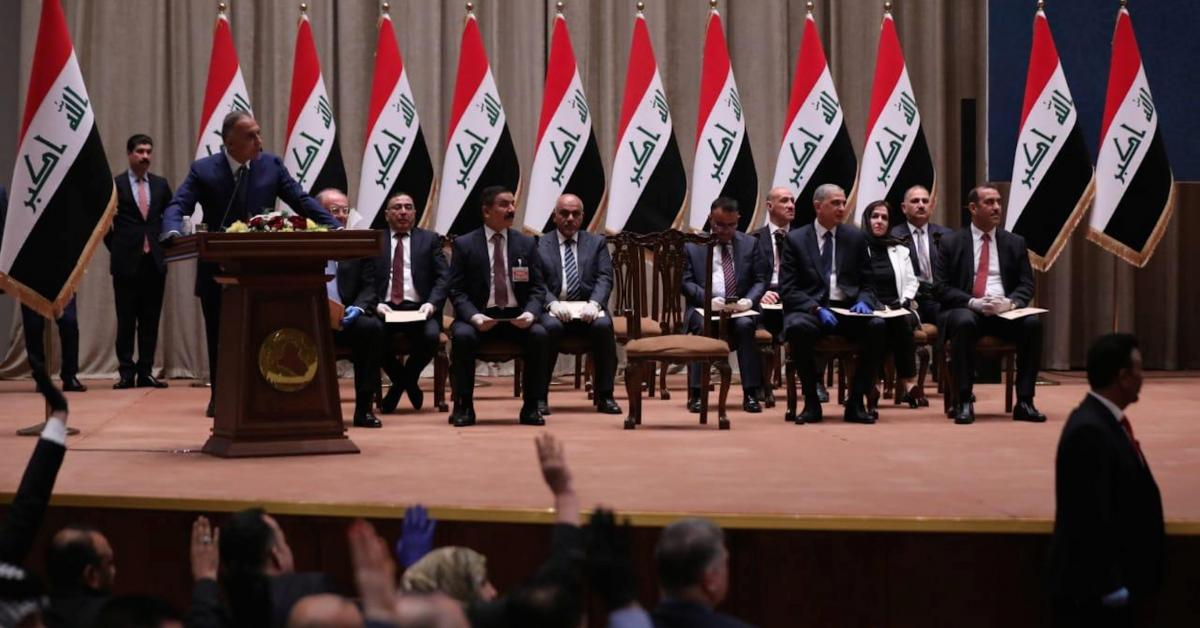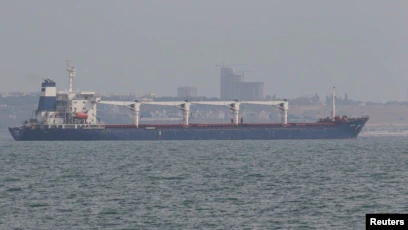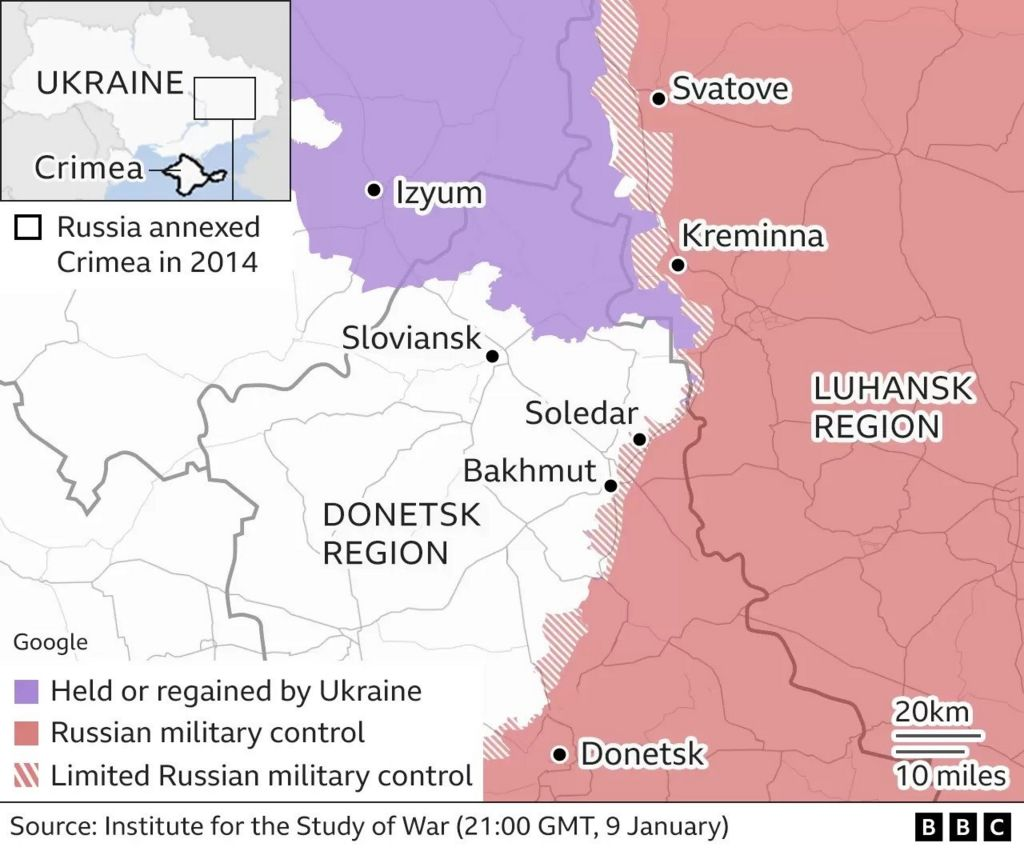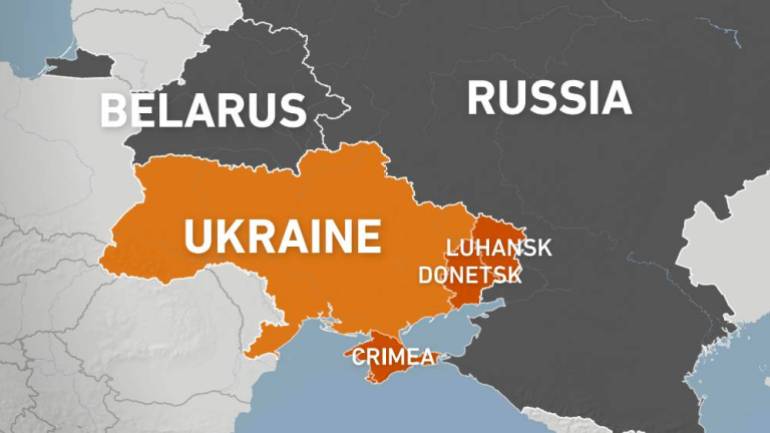HiveToday: Iraq's new goverment problem, Ukraine's grain export, New Zealand open borders, Myanmar's military junta

Today we're going to be talking about the sit-in at Iraq's parliament. We'll also be discussing three of today's other important stories, but first a political standoff in the Iraqi parliament.
Nearly 10 months after its election last October, Iraq is still without a new government and its political deadlock looks likely to continue. Over the weekend, supporters of the populist Shiite cleric Muqtada stormed the country's parliament building for the second time in a week. Sardar's supporters have now settled in for an open-ended sit-in at the end of parliament to prevent the potential formation of a new Iran-aligned government. In Iraq's election last October, Sardar's movement, which is opposed to U.S. and Iranian influence, became the largest party in parliament, with him and his allies making up nearly a quarter of the seats, in what was a big blow to his Iran-backed rivals. However, the Sardinian movement failed to form a government amid a fractured parliament and judicial rulings that stalled its attempts.

Sardoist politicians resigned en masse from parliament in June 1973 and since then have rallied their supporters in anti-establishment protests. It was a gamble that was seen as an attempt to bolster his political position as an anti-establishment leader. In the wake of his movement's withdrawal from parliament, his shiite Iran-linked rivals became the largest coalition. This coalition's recent nomination of Muhammad al-Sudani to be the country's new premier sparked protests by those loyal to Sardar and the storming of parliament on Wednesday. They stayed for two hours before leaving. But at the weekend, tear gas water cannons and high temperatures failed to stop them from pulling down barriers and entering the legislative building again, where they're now settling in for a protracted occupation. a participant in
Sardar's political team told Reuters that they're staying until their demands are met, and we have many demands. The movement is calling for parliament to be dissolved, new elections to be held and for federal judges to be replaced, the official said. Sardar launched the quote-spontaneous revolution of the green zone, the governmental centre of Baghdad, which he described as a first step towards an extraordinary opportunity for a fundamental change. His political opponents in the coordination framework hit back and described his comments as a call for a coup against the people, the state and its institutions. But exactly what comes next remains to be seen, but it points towards continued political deadlock and a risk of fresh violence in Iraq. Okay, so that's the biggest story of the day, but there's a lot more going on around the world, so here's a rundown of three other stories.

Last week, Ukraine and Russia reached an agreement, which meant that, in effect, Ukraine would be able to begin exporting grain again. Ever since the invasion, Russia has been blockading Ukrainian ports, which has, as a result, driven global grain costs up and caused a shortage worldwide. This deal will hopefully make grain more affordable and ease the shortage. It'll last for 120 days and can be extended if both sides agree. The very first shipment of grain under this deal left Odessa this morning, with another 16 shipments from ports in this region expected in the next few weeks. Uns secretary general Antonio Gutierrez said unlocking ports will provide at least one billion dollars in foreign exchange revenue to the economy and an opportunity for the agricultural sector to plant for next year.
For those moving to New Zealand, where, for the first time since March 2020, New Zealand's borders are fully open. The country was partially reopened to a number of non-New Zealand citizens and residents, including the likes of Australians, earlier in the year. But from 11:59 pm last night, tourists and visa holders from the rest of the world were allowed into the country for the first time since the beginning of the pandemic. New Zealand implemented one of the world's harshest border policies when COVID hit, barring all non-residents and requiring a period of self-isolation. The original unlocking plan had set the date for fully reopening the border in October, but after determining it to be safe to do so in May, it was announced that the dates would be brought forward two months to the start of August.

Myanmar's junta has announced that the country's state of emergency will be extended for a further six months until the first of February 2023 in a bid to restore stability before holding elections. In a televised speech, the junta chief, who made himself prime minister last August, stressed that in order to hold fair and free elections, more time was needed to stabilize the country and reform Myanmar's electoral system by combining the pre-existing first-past-the-post system with proportional representation. A state of emergency was first declared back in February 2021 when the military led a coup d'etat against the civilian government led by Aung San Tsuchi. There is widespread concern that the junta's move is merely a ploy and that the military will not hold multi-party elections or transfer power to an elected civilian government.










Comments